The best blood pressure monitors
From cuffs to bracelets, these are our expert’s choice of blood pressure monitors.
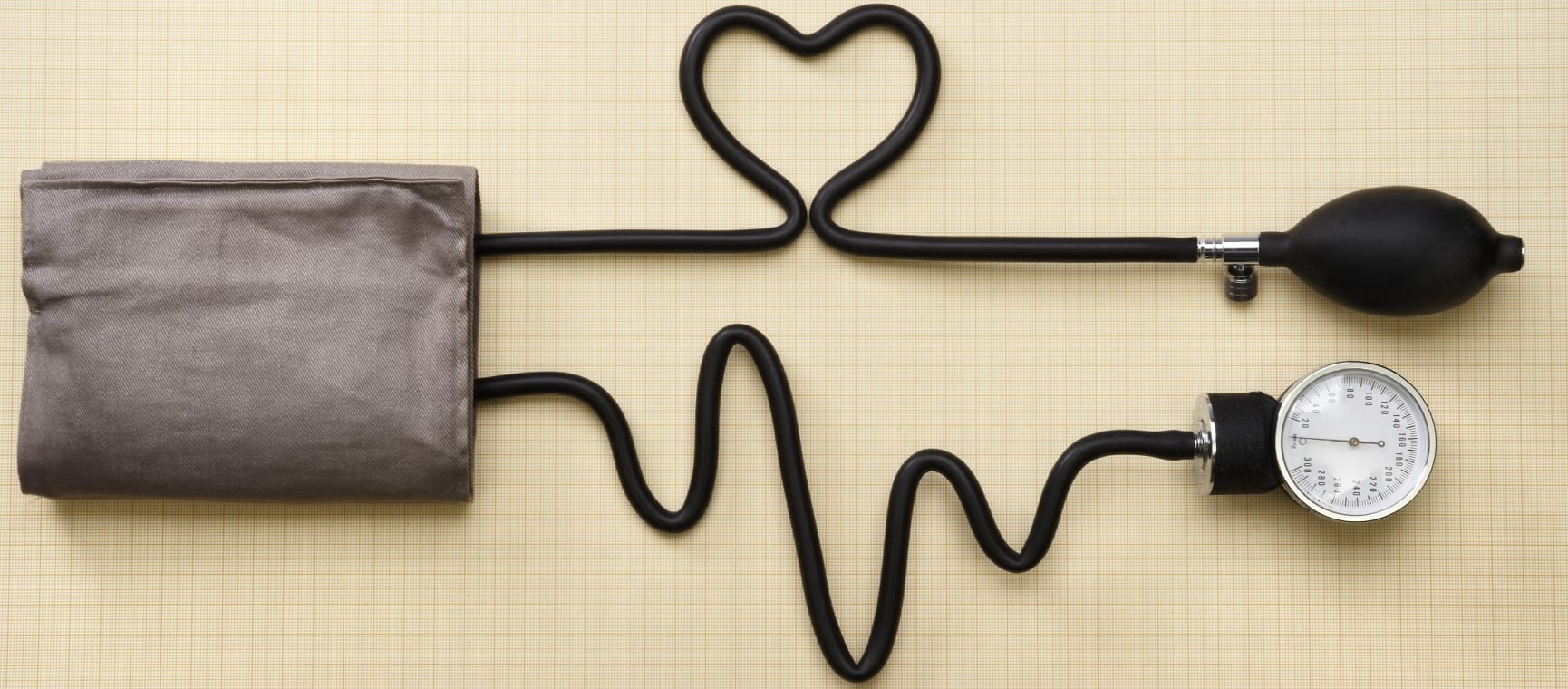
From cuffs to bracelets, these are our expert’s choice of blood pressure monitors.

Until quite recently, checking your blood pressure was something done only in the doctor’s surgery with a scary-looking barometer-style sphygmomanometer. You’d be nervous, which, ironically, sent your blood pressure up.
When I got an electronic machine 20 years ago after my BP started creeping north a bit, my GP was amused by what he saw as rampant hypochondria. Today, with many affordable and accurate blood pressure monitors, no GP – or cardiologist – will raise an eyebrow when you give them a rundown of your home readings.
Doctors I speak to admit that self-administered readings are mostly more accurate for being taken when you are at home and relaxed.
Advice on how to get a meaningful reading can vary.
The cardiologist I see recommends taking three readings in the morning and going with the best of them, and doing this once or twice a month maximum. If your doctor or nurse has asked you to take your blood pressure at home, the British Heart Foundation suggests you should take it twice a day in the morning and evening, and then make an appointment to discuss the results.
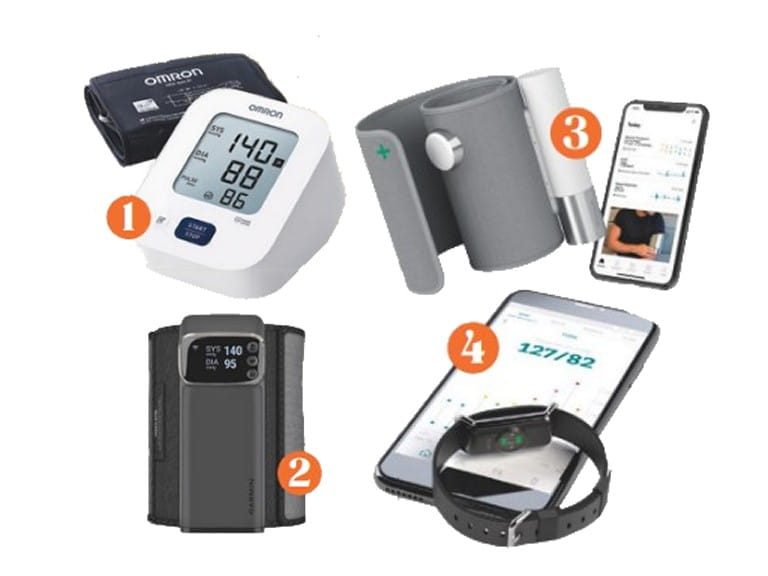
Doctors have mostly given up hand-pumped devices and often use monitors by Omron.
Its basic model, the £32 M2, is about to be replaced by an improved £40 M2+, but is still the gold standard for affordability and reliability.
If you want to go up a level in sophistication, there are newer designs that involve just one box worn on the upper arm rather than a cuff linked by rubber tube to the meter. A key feature of these is that they link with a phone app, so you can show your doctor your readings history.
The Index BPM by Garmin, better known for outdoor adventure gadgetry, is one such and has the benefit of being very new.
Up yet another level, superb French gadgeteer Withings has an interesting contender: the BPM Core not only includes an ECG test, atrial fibrillation checker and a digital stethoscope to detect heart valve disease, but also looks very futuristic.
What about the new and currently controversial breed of monitor that you wear all the time? These take readings via photoplethysmography (PPG) technology, which analyses blood flow by beaming light into blood vessels.
Swiss brand Aktiia started this trend with its bracelet, but coming up soon will be smart watches that measure BP and even a smart ring. I’ve found Aktiia fairly accurate, although alarming when your BP peaks high, which I’m told it does routinely for everyone.
The medical view of constant BP monitoring? So far, that it’s a bit over the top. But that’s what doctors used to think about the first DIY blood pressure checks.
Another option is the Omron EVOLV range which is around £100 and excellent. I’ve been using an earlier version for years.
This is another one that’s easy to link with your phone app, so you can keep all your readings electronically and in one place.
Jonathan Margolis is a London and New York-based technology journalist. He has a global following for his column Landing Gear in the online publication Air Mail, appears regularly on the BBC and other networks and has won several journalism awards.
View author page

Don’t let a diagnosis of high blood pressure deflate you. Find out how to get cover for this common health condition.

For a limited time, enjoy 3 issues of Saga Magazine for just £1. Receive the next 3 print editions delivered direct to your door, plus 3 months’ unlimited access to the Saga Magazine app—perfect for reading on the go.
Don’t miss your chance to experience award-winning content at an exceptional price.

Are you retiring at the wrong age? The best age to retire for your body, brain, happiness and pocket.


Everything you need to know about the lung infection, and how you could be ill with “walking” pneumonia without realising it.
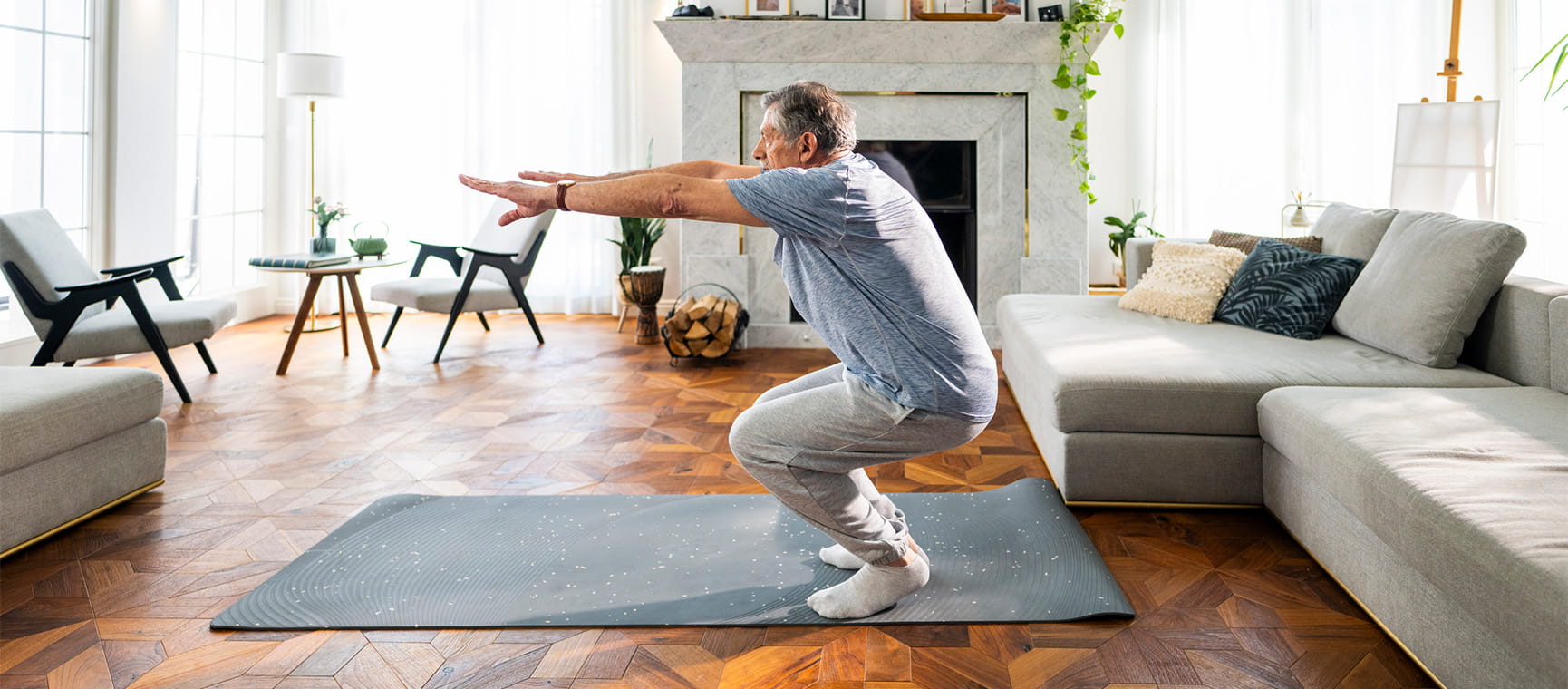
Strong calves for a strong mind: how they support our circulation and brain health, with easy moves to strengthen yours at home.


Our GP Dr Mark Porter explains what can cause itchy skin, which is a common problem as we get older.

Worried you’ve morphed into Victor Meldrew? Find out how to battle that bad mood, and what to do if you’re stuck with a grouchy loved one.

The benefits of heat and cold therapy, and how Nordic bathing won over our nervous writer.

Here’s how to spot the symptoms of heat disease and reduce your danger.

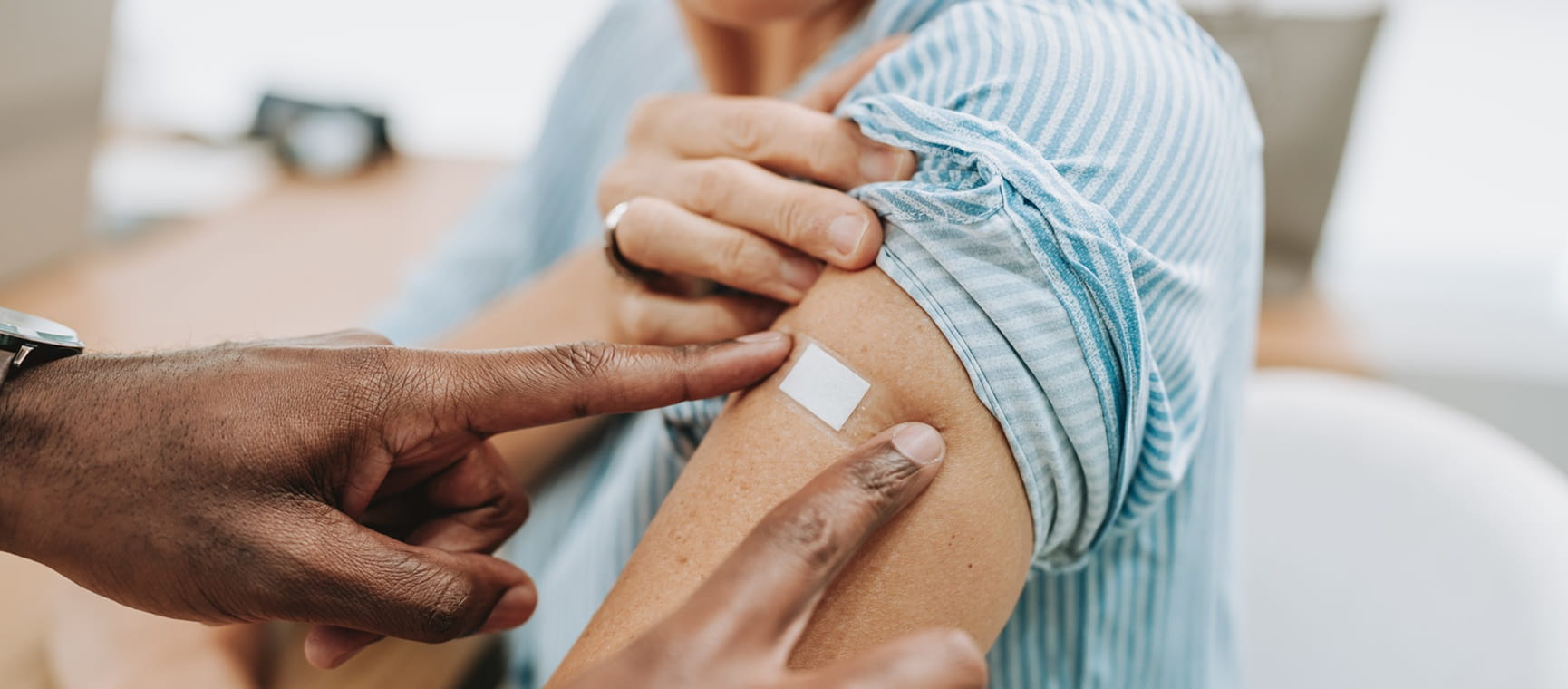
The NHS winter vaccination campaign kicks off next week. Here’s the lowdown on what you need to book.

Pilates for back pain – what to do if you are suffering, and five gentle exercises that could help.

Dizziness or vertigo: a sensation of spinning, can stop us doing everyday things for fear of falling. Try these tips to stop feeling dizzy


You don’t have to put up with bladder leaks. We try out the latest pelvic floor gadgets for men and women.
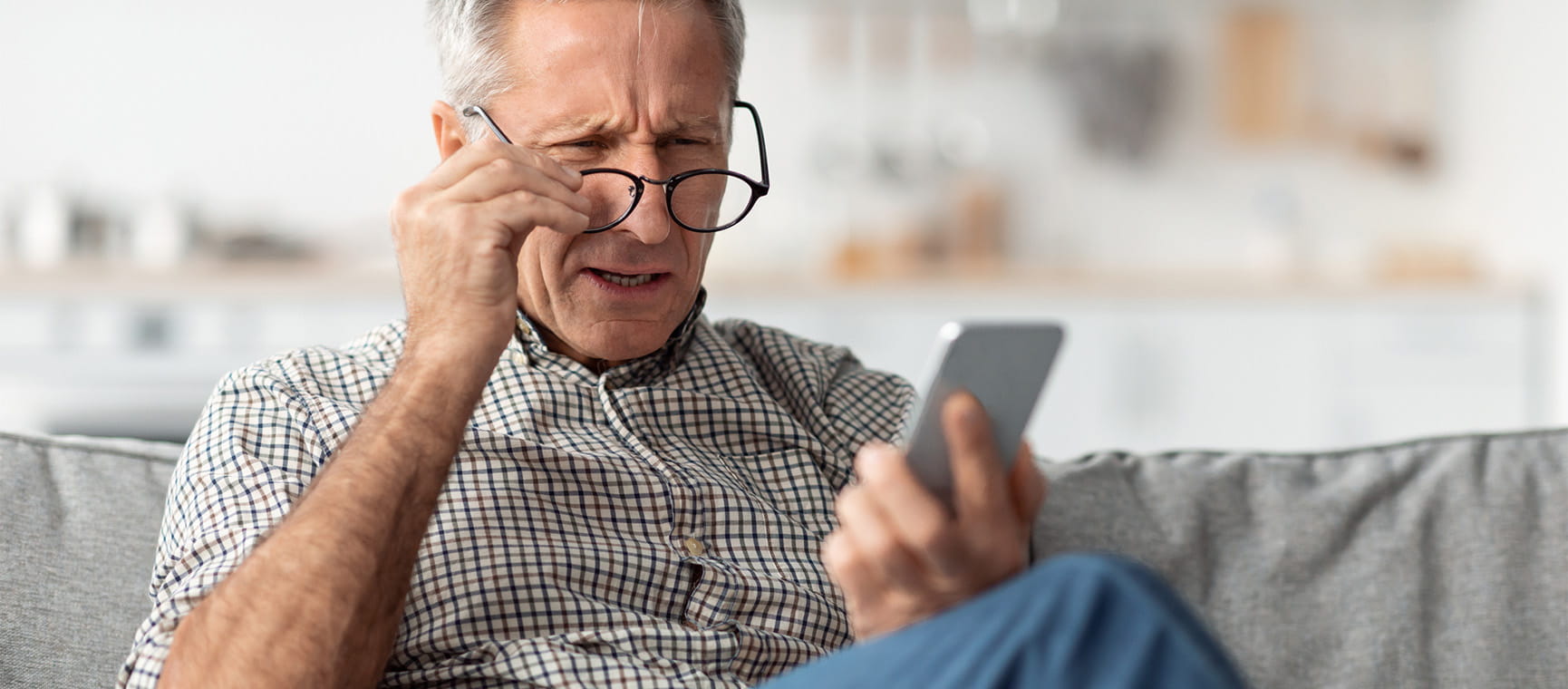
Cataracts are a normal part of ageing. Learn how to spot the signs – and when it’s time to consider surgery.